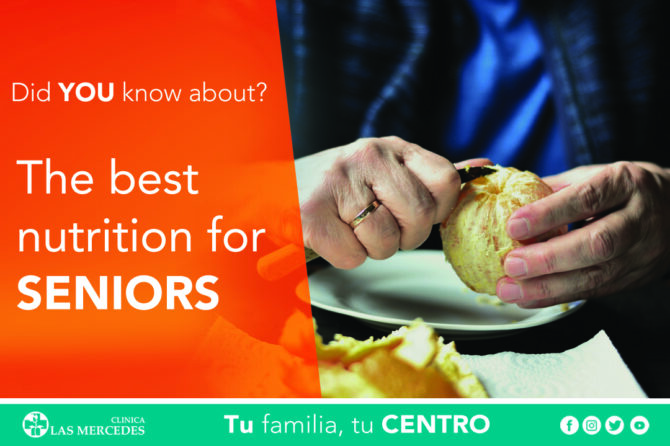
Nutrition For Seniors
What is nutrition and why is it important for older people?
Nutrition is eating a healthy, balanced diet so your body gets the nutrients it needs. Nutrients are substances in food that our bodies need in order to function and grow. These include proteins, carbohydrates, fats, vitamins, minerals, and water.
Good nutrition is important, regardless of your age. It gives you energy and can help you control your weight. It can also help prevent diseases such as osteoporosis, high blood pressure, heart disease, type 2 diabetes, and some types of cancer.
But as you get older, your body and your daily life change, so does what you need to maintain your health. For example, you may need fewer calories, but you still need enough nutrients. Some older adults need more protein.
What things can make it harder for me to eat healthy as I get older?
Some changes that occur as you age can make it harder for you to eat healthy. These include changes to your:
-Home: If you suddenly live alone or have problems moving Health: You may have problems cooking or eating
-Medicines: They can change how you perceive the taste of food, cause dry mouth or reduce your urge to eat
-Income: You may not have enough resources for food
-Your sense of smell and taste
-Problems chewing or swallowing food
How can I eat healthy as I get older?
To stay healthy, you must:
-Eat foods that deliver a lot of nutrients without too many extra calories, such as:
Fruits and vegetables (choose different types with bright colors)
Whole grains, such as oatmeal, whole wheat bread, and brown rice
Low-calorie skim milk and cheese, or rice or soy milk fortified with vitamin D and calcium
Fish, shellfish, lean meats, poultry, and eggs
Beans, nuts and seeds
-Avoid empty or hollow calories: These are foods that are high in calories but low in nutrients, such as potato chips, candy, baked goods, sugary drinks, and alcohol
-Prefer foods low in cholesterol and fat: Especially avoid those that contain saturated and trans fats. Saturated are fats of animal origin, while trans fats are processed in margarine and dietary fat. They can be found in baked goods sold in stores or fried foods in fast food restaurants
-Drink enough fluids: Don’t get dehydrated. Some people lose the ability to feel thirsty as they age. Also, certain medications can increase the importance of drinking enough fluids.
-Exercise: If you’ve started to lose your appetite, physical activity can help you feel hungry
What can I do if I have problems eating healthy?
Sometimes illness or other problems can make it hard to eat healthy. Some suggestions that can help are:
-If you are tired of eating alone, try organizing some homemade meals or cooking with a friend. It may also help to have some meals at a nearby senior center, community center, or religious center.
-If you have trouble chewing, see your dentist for an examination
-If you have trouble swallowing, try to drink plenty of fluids with your food. If that doesn’t help, check with your healthcare provider. A medical condition could be causing the problem
-If you have trouble smelling and tasting your food, try adding color and texture to make it more interesting
-If you are not eating enough, add some healthy snacks throughout the day to help you get more nutrients and calories
-If illness makes it difficult for you to cook or eat, consult your healthcare professional. He or she can recommend an occupational therapist who can help you
From: Medlineplus
Leave a reply


Leave a reply